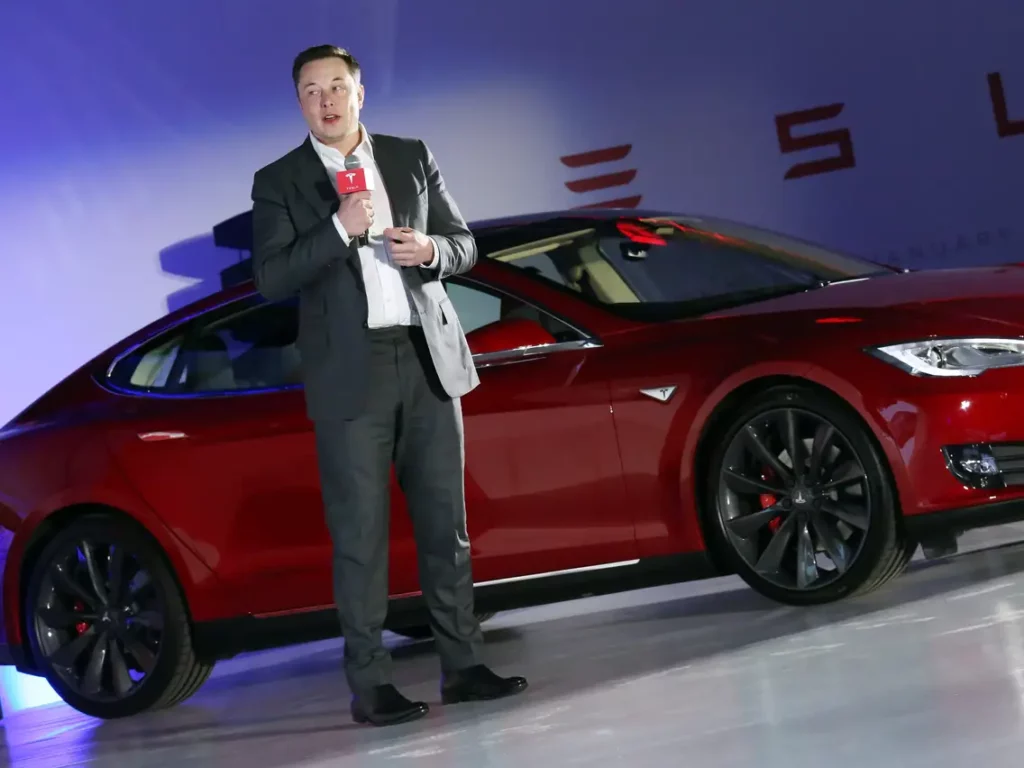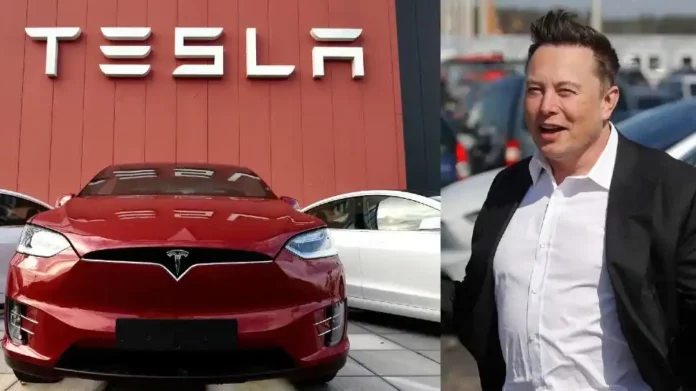The last several years have seen grandiose plans from German automakers to transition to electric vehicles and challenge Tesla Inc.’s hegemony. Instead, they are merely lagging behind more. Tesla sold more electric vehicles in the first half of this year than Volkswagen AG, BMW AG, Mercedes-Benz Group AG, and Porsche AG combined (889,015).
In China, their biggest market, where Tesla and the local champion BYD Co. have surged ahead, the Germans are struggling as software glitches hold up important models and contribute to declining sales. Even in their native market, where Tesla continues to be the leading EV brand, they are taking second place. This week, three German businesses will disclose their quarterly earnings to investors: Porsche on Wednesday, Mercedes and VW on Thursday.
Tesla as the leader of German automakers
With its dramatic price cuts, Tesla is increasing the pressure on legacy manufacturers who are already having a hard time keeping up. In the three months that ended in June, Tesla’s EV sales rose 30 percentage points higher than VW’s did, increasing its lead.
While Tesla has ambitions to expand its German manufacturing and is getting ready to establish a new plant in Mexico, the Germans are stuck in lengthy negotiations with unions about retooling their combustion-era production locations.
Tesla continues to lead German automakers by a wide margin in all key markets, according to auto expert Matthias Schmidt, who is situated close to Hamburg. They are under pressure to increase volumes in order to achieve the necessary economies of scale for EVs to be profitable.
Germany’s automakers prospered in the past because they mastered the production of petrol and diesel-powered vehicles, and hundreds of top-notch local part manufacturers supplied them with gearboxes, fuel injectors and crankshafts. Their “Vorsprung durch Technik” has vanished as the battery has taken control.
In the largest economy in Europe, structural issues brought on by the shift to EVs are being exacerbated by inflationary pressures, a shortage of skilled labour, and high energy prices. According to a study released this month by the Munich-based Ifo Institute, expectations among German automakers are at their lowest level since the 2008 financial crisis.

What is one of the biggest problems for German automakers?
The biggest challenge to the Germans is their deteriorating standing in China. For decades, VW, BMW, and Mercedes controlled the combustion-car market in the largest auto market in the world. However, in recent years, Chinese brands have overtaken them by producing more reasonably priced EVs with software and technology tailored to regional preferences. Late last year, in response to underwhelming sales, Mercedes lowered pricing in China for its premium electric vehicle, the EQS.
Since BYD outsold VW in China during the first quarter, pressure has been put on the firm in particular. In a market that expanded by 20%, the German manufacturer’s EV sales in China fell in the first half. By 2030, it’s anticipated that EVs will account for 90% of the Chinese market, making it even more urgent for the Germans to develop more aggressive EV options. The largest manufacturer in Europe removed Audi’s CEO last month, in part to stop the brand’s decline in the nation.
Current EV market leaders in China “will tighten their grip on the market,” according to HSBC analysts in research this month. “We believe they will all be China EV brands, with the exception of Tesla,” There is hope yet. Given that Elon Musk introduced his last new passenger vehicle, the Model Y, in 2020, incumbents attempting to catch up now have a window of opportunity.
VW is preparing a small electric vehicle (EV) that will cost less than €25,000 and go into production in a few years. The biggest automaker in Europe has increased its five-year rolling expenditure plan to €180 billion, with more than two-thirds going to software and electric vehicles. Later this year, it will begin selling the ID.7 car, which features an augmented-reality display that projects information into the driver’s field of vision.
In order to more effectively compete with Tesla’s Model 3, Mercedes will launch an electric version of its small CLA sedan in the US next year, according to a report from Automotive News. Moreover, it energises the recognisable G-Wagon.
BMW is hoping that the “Neue Klasse” platform, which should become available around 2025, will help boost sales. In comparison to existing models, the manufacturer hopes to reduce battery prices by half and improve range and charging speed by 30%.
The next-generation EV platforms developed by the Germans “could change things,” according to Michael Dean, a Bloomberg Intelligence analyst. “At that time, expect a major push from them, including in China.”


